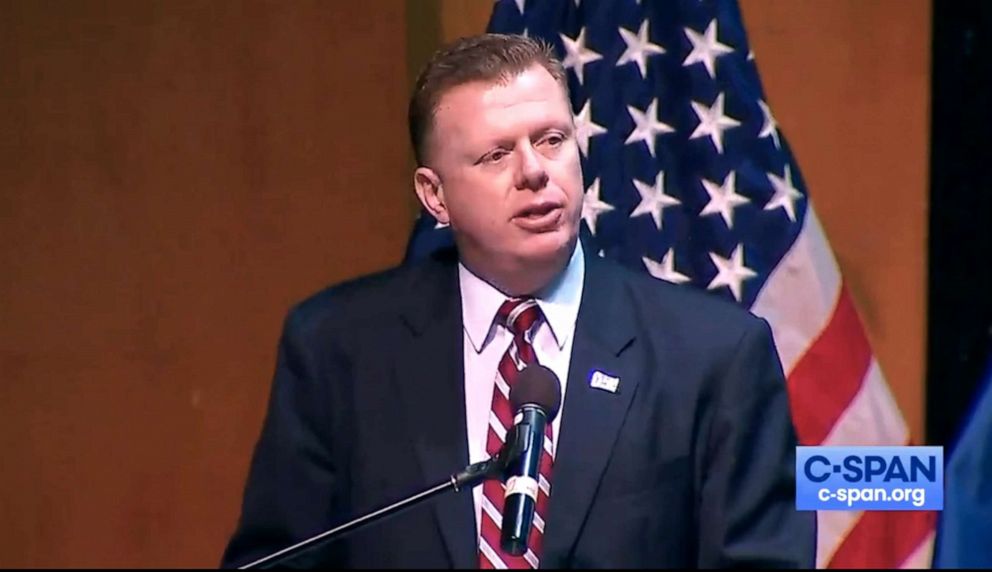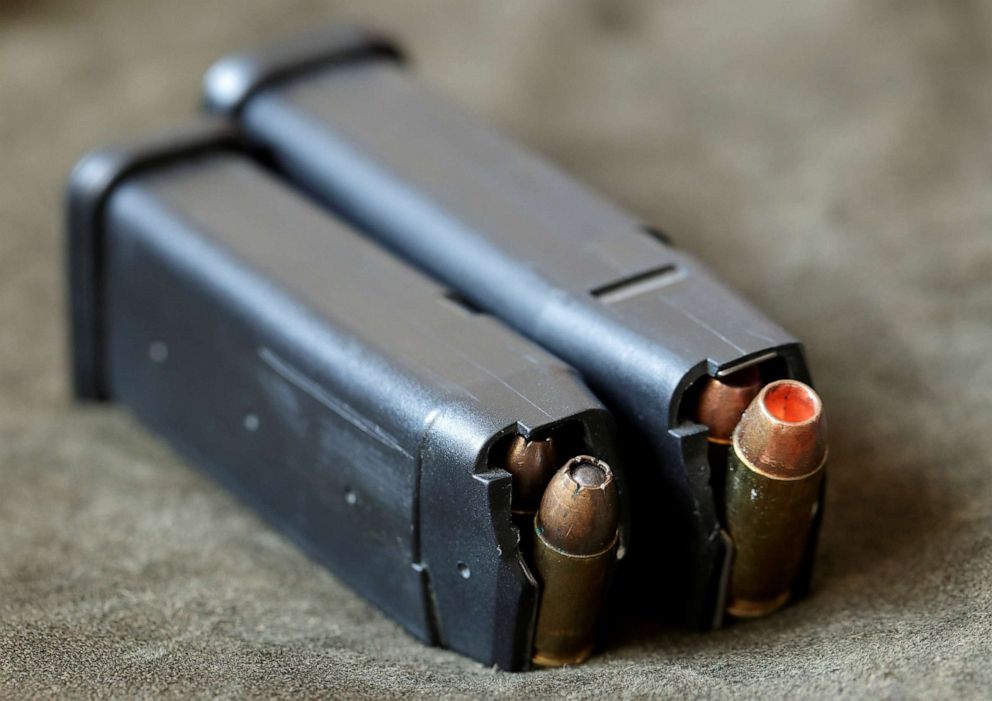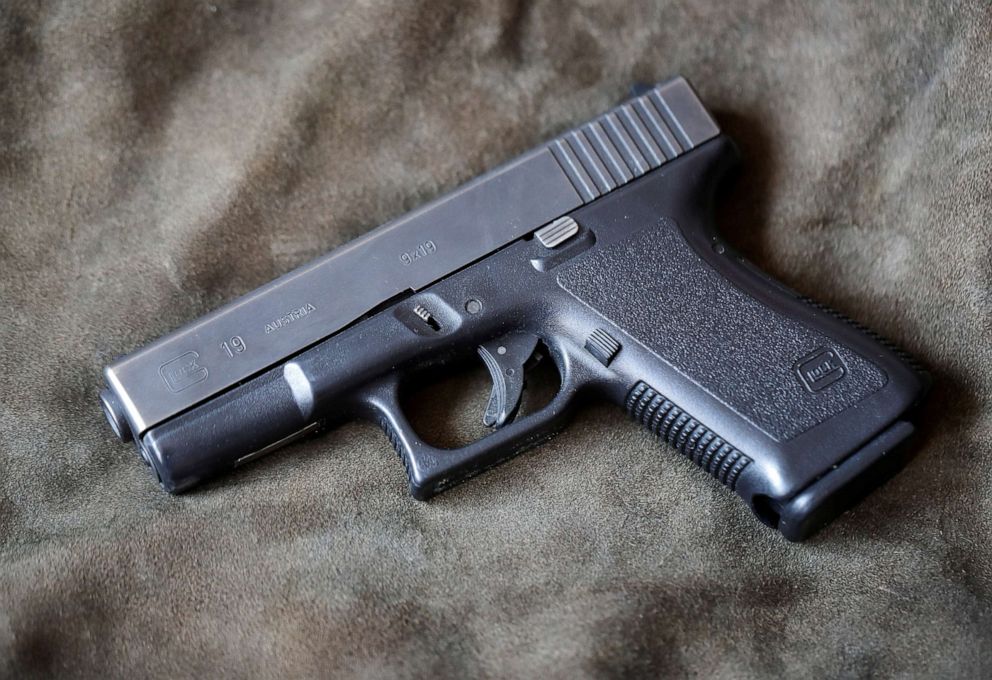US Secret Service switching to 9mm Glock pistols
Experts said that studies show the 9mm weapon is lighter and more accurate.
The United States Secret Service is moving forward with plans to outfit its agents with Glock 9 millimeter (mm) pistols to replace the agency's existing Sig Sauer .357-caliber duty weapons -- part of a larger move among U.S. law enforcement agencies towards the lighter, more efficient guns.
“The Secret Service has been one of the few agencies that has maintained Sig Sauer as a permanent duty weapon for more than 20 years,” said Donald J. Mihalek, a retired senior Secret Service agent and ABC News contributor.
The Secret Service and Glock declined to comment on the move, but a federal official with direct knowledge of the deal confirmed the agency's plan to switch to the Glock 9 mm pistols. Details of the new deal were recently posted on fedbizops.gov, the federal government's website for posting procurement opportunities above $25,000 for private sector companies.
The Secret Service -- whose primary mission is to protect presidents, vice-presidents and their families -- employs about 3,200 special agents, 1,300 uniformed officers and more than 2,000 other support personnel, according to its website.

The agency's move to 9 mm pistols as its primary duty weapon follows similar switches to the lighter weapon by the Federal Bureau of Investigation (FBI), the Department of Diplomatic Security Services (DDSS), U.S. Customs and Border Protection (CBP) and numerous big city police departments, including the New York Police Department (NYPD), the Los Angeles Police Department (LAPD) and the Chicago Police Department (CPD).
A spokesperson for Glock said the manufacturer is currently contracted to provide duty weapons to roughly 65% of U.S. law enforcement agencies at the federal, state and local level.
Mihalek said that recent model 9mm Glocks perform ballistically as well as, if not better, than their higher caliber-round counterparts.
“All of the studies report that the Glock is a better-performing, [better]-functioning gun and has less issues," he said.

Other firearms experts told ABC News that such improvements in 9mm technology and ammunition in the past decade -- and the lighter, smaller size of the new Glocks – was behind the surge in recent years among law enforcement agencies in preferring the new Glocks.

“From a mechanical standpoint, the trigger on the Sig Sauer is a much longer trigger, from the time you start pressing it to the point of engagement -- the time the shot goes off -- so the Glock has a shorter trigger, a shorter reset, less recoil and hence faster follow up [shots],” said Steve Minguez, a retired NYPD firearms instructor who worked with the Secret Service for several years when he was detailed to the NYPD Intelligence division's dignitary protection unit.
“With the 9mm cartridge, you’re getting optimum velocity out of a short barrel,” he said. “With a 9 millimeter, you could fire [a bullet] out of a 4-inch barrel and you’re going to get 1200 feet and change per second,” Minguez said. Yet with “a .38 Special or a .357, they need a much longer barrel to get to optimum velocity – whose top is mid-to-low 800 feet [range].”




